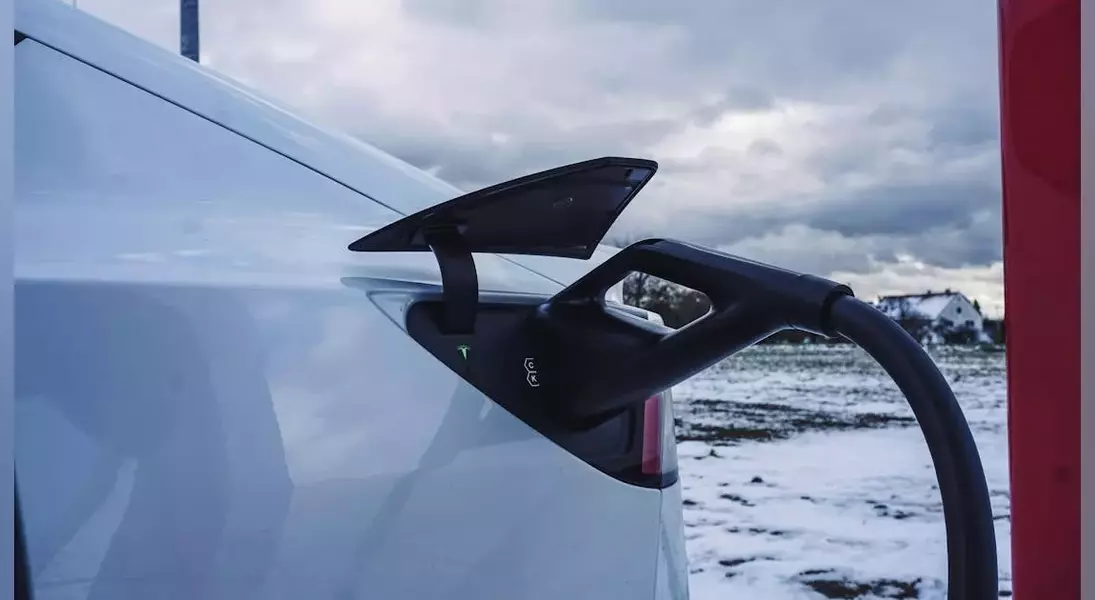Maine's EV Repair Revolution: Powering the Future of Automotive Maintenance
As the electric vehicle (EV) market continues to surge, Maine's educational institutions and automotive businesses are leading the charge in preparing the next generation of technicians to service these cutting-edge vehicles. From community colleges to dealerships, the state is witnessing a remarkable transformation in the way it approaches EV repair and maintenance, ensuring that the Northeastern region stays ahead of the curve in this rapidly evolving industry.Unlocking the Future of Automotive Repair in Maine
Pioneering EV Repair Training at Southern Maine Community College
Southern Maine Community College (SMCC) has taken a bold step in launching the state's first course dedicated to electric vehicle repair. This 16-week program, funded by the Maine Jobs and Recovery Plan, equips students with the knowledge and skills to diagnose, maintain, and repair hybrid and electric vehicles. Instructor Ruth Morrison has overseen the training of 20-25 students since the course's inception in 2021, preparing them to take the National Institute for Automotive Service Excellence (ASE) certification exam for light-duty hybrid and electric vehicle specialists.The success of SMCC's program has inspired other educational institutions in Maine to follow suit. Washington County Community College in Calais and Eastern Maine Community College in Bangor have also introduced EV training initiatives, recognizing the growing demand for technicians proficient in servicing these eco-friendly vehicles.Dealerships and Auto Shops Embrace the EV Revolution
The ripple effect of SMCC's pioneering EV repair course has reached dealerships and auto repair businesses across Maine. Technicians from regional companies like VIP Tires & Service have eagerly enrolled in the program, with their employer's full support. As Robert Kaffel, VIP's Director of Operations, explains, four of the company's 22 employees across its Lewiston and Auburn locations are now qualified to work on EVs, and as many as 200 employees across VIP's 74 other New England locations are also enrolled in various EV training courses.This surge in EV-certified technicians is crucial as the number of battery electric vehicles (BEVs) and plug-in hybrid electric vehicles (PHEVs) on Maine's roads continues to grow. According to the latest data, there are currently over 16,000 such vehicles on the state's roads, more than double the number recorded just a year ago. As this trend accelerates, the demand for skilled EV repair professionals will only continue to rise, with dealerships eager to recruit and retain these specialized technicians before their competitors.Addressing the Skill Gap in Automotive Maintenance
The transition to electric vehicles presents both challenges and opportunities for the automotive industry in Maine. While the state's light-duty vehicle fleet is still predominantly powered by traditional internal combustion engines, the growing presence of EVs requires a new breed of technicians capable of servicing a diverse range of vehicle types, from diesel to four-, six-, and eight-cylinder models.This skill gap has become a pressing concern for dealerships and auto repair shops, who are now required to have EV-certified technicians on staff to even sell these advanced vehicles. The training programs offered by SMCC and other Maine institutions are playing a crucial role in bridging this gap, ensuring that the state's automotive workforce is equipped to handle the maintenance and repair needs of the evolving transportation landscape.As the EV revolution continues to gain momentum, Maine's educational and business communities are working in tandem to position the state as a leader in the field of electric vehicle repair and maintenance. By investing in specialized training, fostering collaboration between schools and industry, and proactively addressing the skill gap, Maine is poised to become a shining example of how a regional approach can drive the adoption and support of sustainable transportation solutions.You May Like


